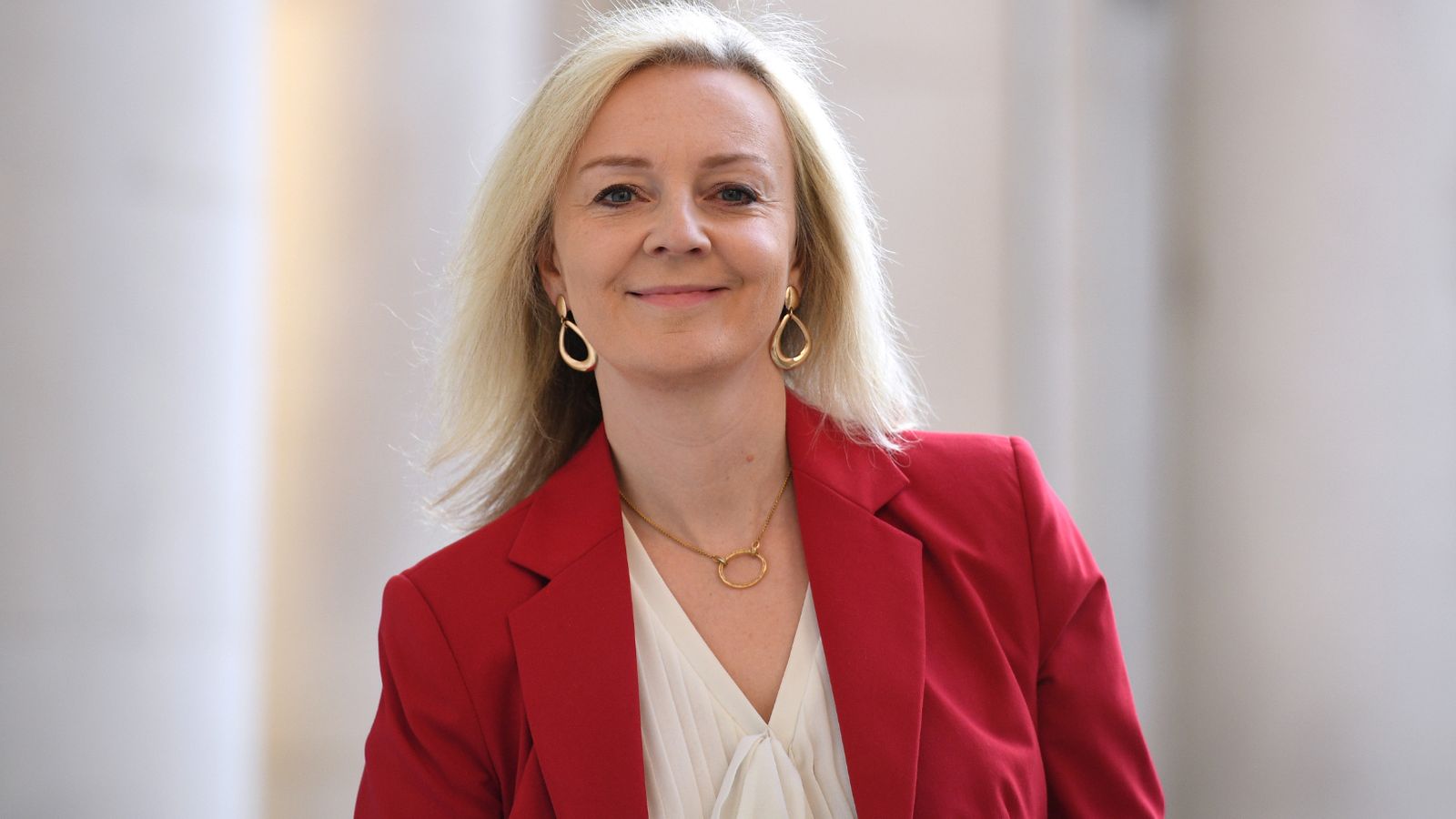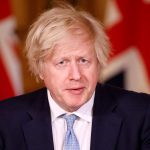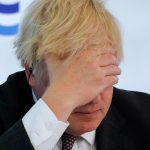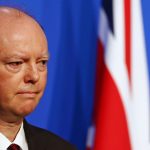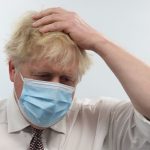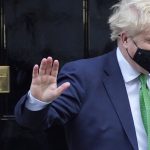The UK government has agreed a trade deal with Norway, Iceland and Liechtenstein, Liz Truss has confirmed.
The deal will boost Britain’s fish processing industry by supporting 18,000 jobs in Scotland and northern England and will help secure access to agricultural markets, the international trade secretary said.
The government said the agreement, which was agreed in principle on Friday morning, is worth £21bn and will “slash tariffs on high-quality British food and farm products and support jobs in every area of our country”.
Ms Truss said the deal marks “a major boost” for UK trade.
It will see tariffs cut for exporters to Norway of some traditional cheeses, the government said, and include tariff reductions and quotas on pork, poultry and other goods.
Imports of fish from Norway and Iceland are set to increase under the post-Brexit agreement, while UK wines and spirits will also now be recognised in the three countries.
Ministers added that the deal will also “boost critical British sectors like digital”, with “ambitious” provisions in the agreement meaning that when British firms export to the three countries, they will be able to do so completely electronically and without a single piece of paperwork.
High-skilled professionals from the UK will be allowed to enter Norway, Iceland and Liechtenstein for business purposes under a “faster and simpler” visa process, Ms Truss said.
She added that the deal will also allow caps on the charges mobile operators are allowed to charge each other for international mobile roaming to keep costs low for holiday makers and business travellers.
The international trade secretary said: “Today’s deal will be a major boost for our trade with Norway, Iceland and Liechtenstein, growing an economic relationship already worth £21.6 billion, while supporting jobs and prosperity in all four nations at home.”
International Trade Minister Ranil Jayawardena added: “This deal shows that the United Kingdom will continue to be a trade partner of choice, as we set the global trade agenda in areas like e-commerce and climate change.
“More trade and more investment will drive growth and support jobs in every corner of our country.”
Since 1 January 2021, EU trade agreements no longer apply in the UK.
The government has now signed a post-Brexit trade deal with the EU itself, while it has also struck a series of fresh agreements with non-EU countries.
Norway, Iceland and Liechtenstein are members of the European Free Trade Association (Efta), which also includes Switzerland.
Trade agreements had to be negotiated after the UK left the EU, which has long-standing trade relations with Efta countries.
